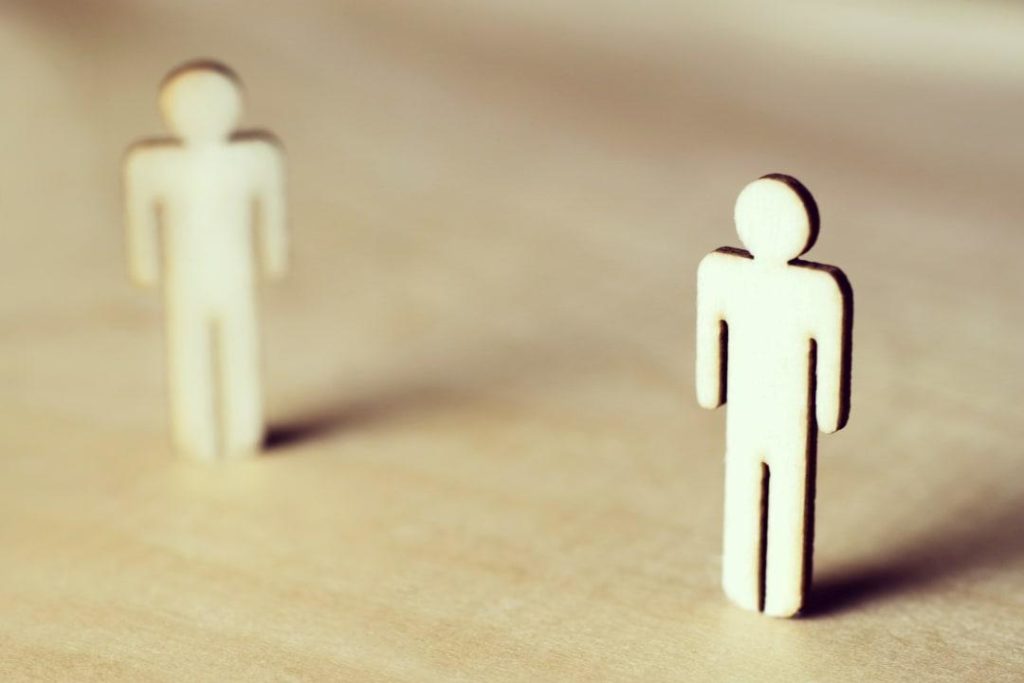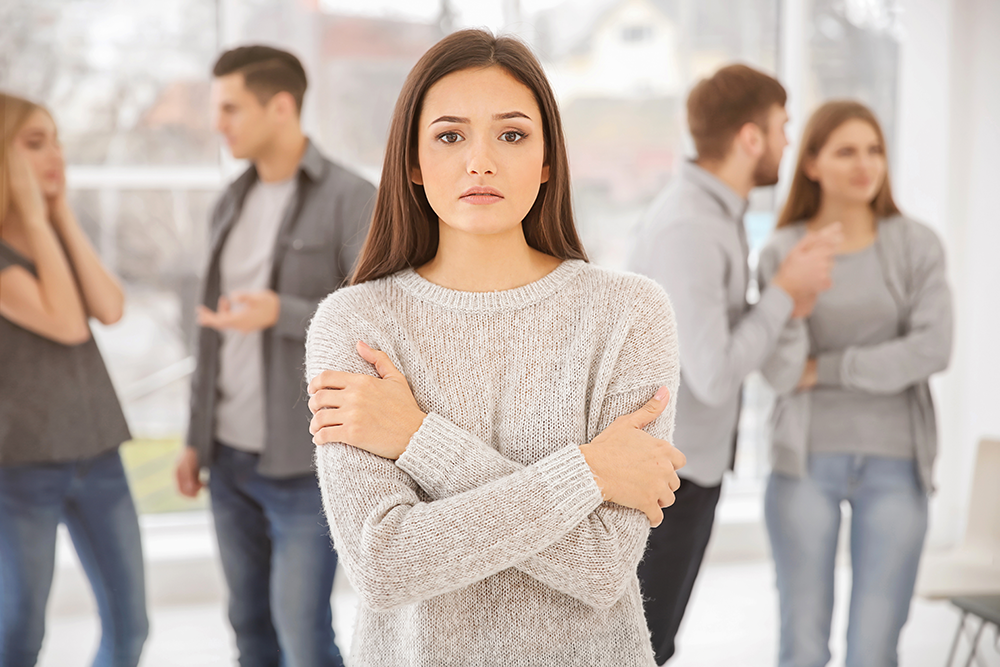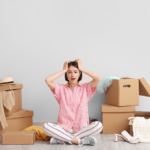When lockdowns were enforced at the start of the pandemic, many people found it difficult to be stuck at home and have limited socializing opportunities. As restrictions start to ease across the United States, more businesses are opening up and people are starting to interact with each other again. But if you belong to the 12 percent of Americans diagnosed with social anxiety disorder, then you may not feel enthusiastic about meeting up with friends just yet. You may have found relief in isolation, and the thought of going back to a pre-pandemic social setup may increase your anxiety. Although you don’t have to resume interactions immediately, preparing to return to the norm can help you adjust and handle the situation better.
Ease Yourself Back to Society
Although the pandemic kept you away from social situations, this may not be the case for long. As many states come closer to lifting all restrictions on gatherings, you may want to take this opportunity to safely get yourself reacquainted with society by taking small steps. If you are not sure how to begin, you can do any of the following:
- Practice going out every day, even if it is only for a short walk around the block.
- Do tasks that will make you leave the house and have quick interactions with others like going out to get groceries.
- If you need to go back to your workplace, start getting comfortable with it by driving to work a few times a week and remembering your old routine. Do something similar if you are in school or have a child who was in school. Go to the school and walk around the area to get accustomed to it before the first day back.
- Continue to stay connected with friends and family even if you still can’t leave your home. Socialize by talking on the phone, using video calls, or writing letters to your loved ones.
You don’t need to accomplish big things right away. As long as you do something gradually, it becomes part of your progress. Start with easier things and work your way up to more challenging things.
Stay Present
Before lockdowns happened, you may have experienced preparing several topics of conversation to help you navigate social situations more easily. But if your daily life has become uneventful and repetitive as a result of staying home, you may worry about the possible gap when conversing with others. Avoid focusing on what to talk about, which may make you feel uncomfortable. Instead, concentrate on what’s in front of you—the person you are interacting with. Show interest in their lives and what they have to say. By focusing on the present situation, you prevent your mind from getting all worked up. This may also make you feel at ease in what could have been an anxiety-provoking scenario.
Manage Anxiety with Coping Strategies

Being surrounded by other people may cause you to feel stressed, especially if you have become used to being by yourself. However, this scenario may be unavoidable when you go to restaurants, groceries, or even the office. When you feel anxiety creeping in, you may want to consider the following practices to help keep anxiety manageable:
- Take a break. – To help clear your mind, take meditative walks. This may reduce your anxiety as you enjoy some time by yourself.
- Practice deep-breathing exercises. – Take a moment to slowly inhale and exhale each breath. Continue to focus on your breath until you start calming down.
- Do mindfulness practices. – You may do some yoga or meditation to control your anxiety.
- Visualize calmness. – Take your mind into a relaxing space by imagining the beach or a tranquil environment.
- Learn about your anxiety triggers. – Identify the things or situations that make you feel anxious. Write them down and your thoughts about them. This may help you be more prepared next time you encounter a similar incident.
- Have a grateful mindset. – In your journal, write down things you are thankful for every day. This focuses your attention on the good things in your life and helps you maintain a positive outlook.
- Limit drinking coffee. – Caffeine may contribute to feeling nervous or anxious. Also, it may trigger panic attacks.
- Keep your body healthy. – Eating well-balanced meals, getting enough sleep, and exercising regularly may help reduce anxiety symptoms.
Consider Professional Help
If your anxiety has gotten worse or you can no longer manage it on your own, you may need to seek the help of a professional. You may want to consult a therapist who offers supportive therapies like dialectical behavior and cognitive behavioral therapy. These two therapies have been known to help people with anxiety develop healthy ways to cope with stress and manage extreme emotions. They have also been effective in supporting the recovery of people who attend a Tucson drug rehab center and similar facilities across the country. In addition, you may also join group therapy programs to practice your social skills, helping you become more confident in social situations.
As states reopen and restrictions ease, you may feel like you’re starting from scratch when it comes to being comfortable interacting with people. Even with social anxiety, there are ways you can prepare for going back to pre-pandemic social interactions. Start by slowly exposing yourself to society and doing small actions that will ease your worries about socializing. You may also want to continue practicing coping strategies to manage your anxiety. But if your condition becomes too much for you to handle alone, you can seek professional help and attend therapies to help you deal with stress. More importantly, you need to recognize all these efforts contribute to your overall progress.






